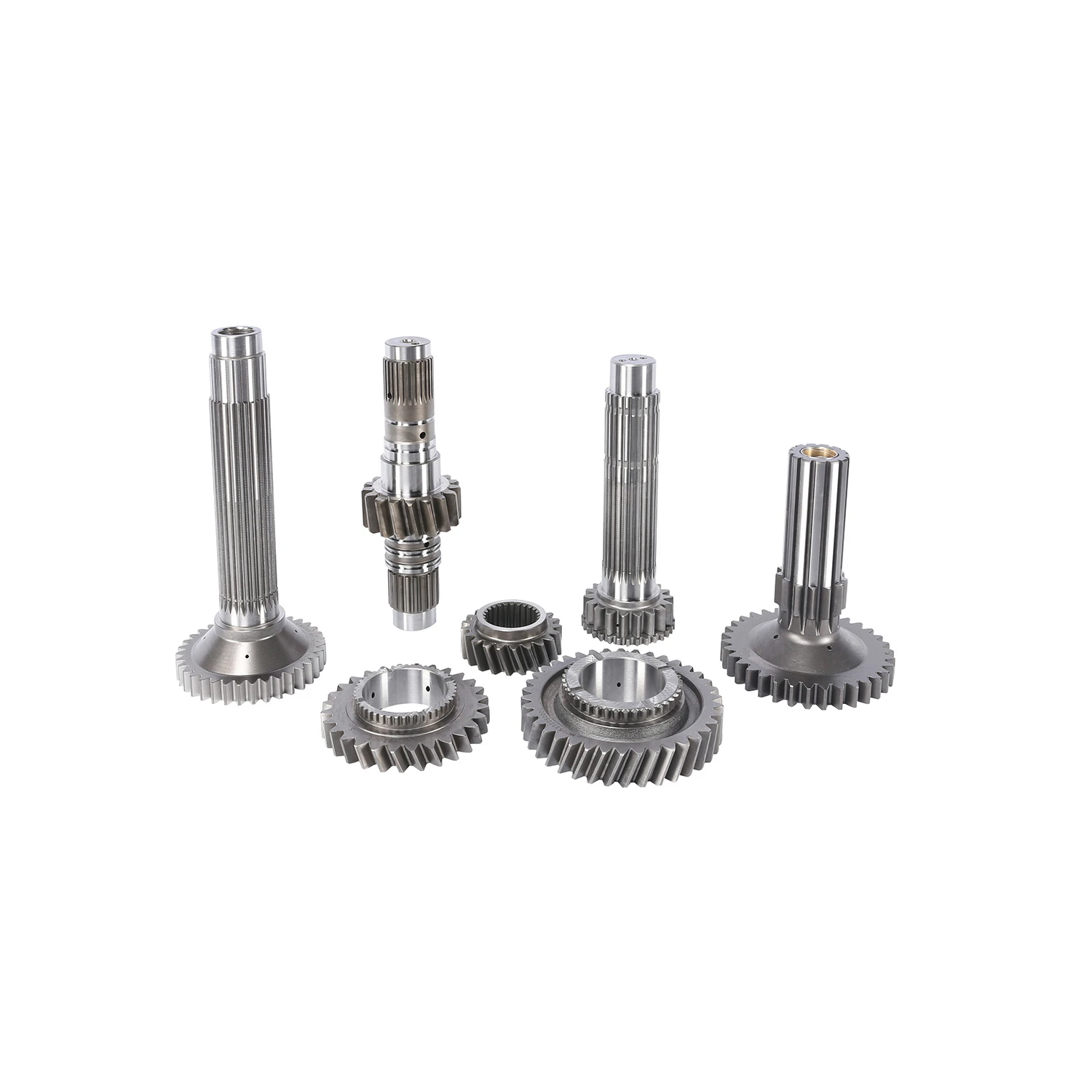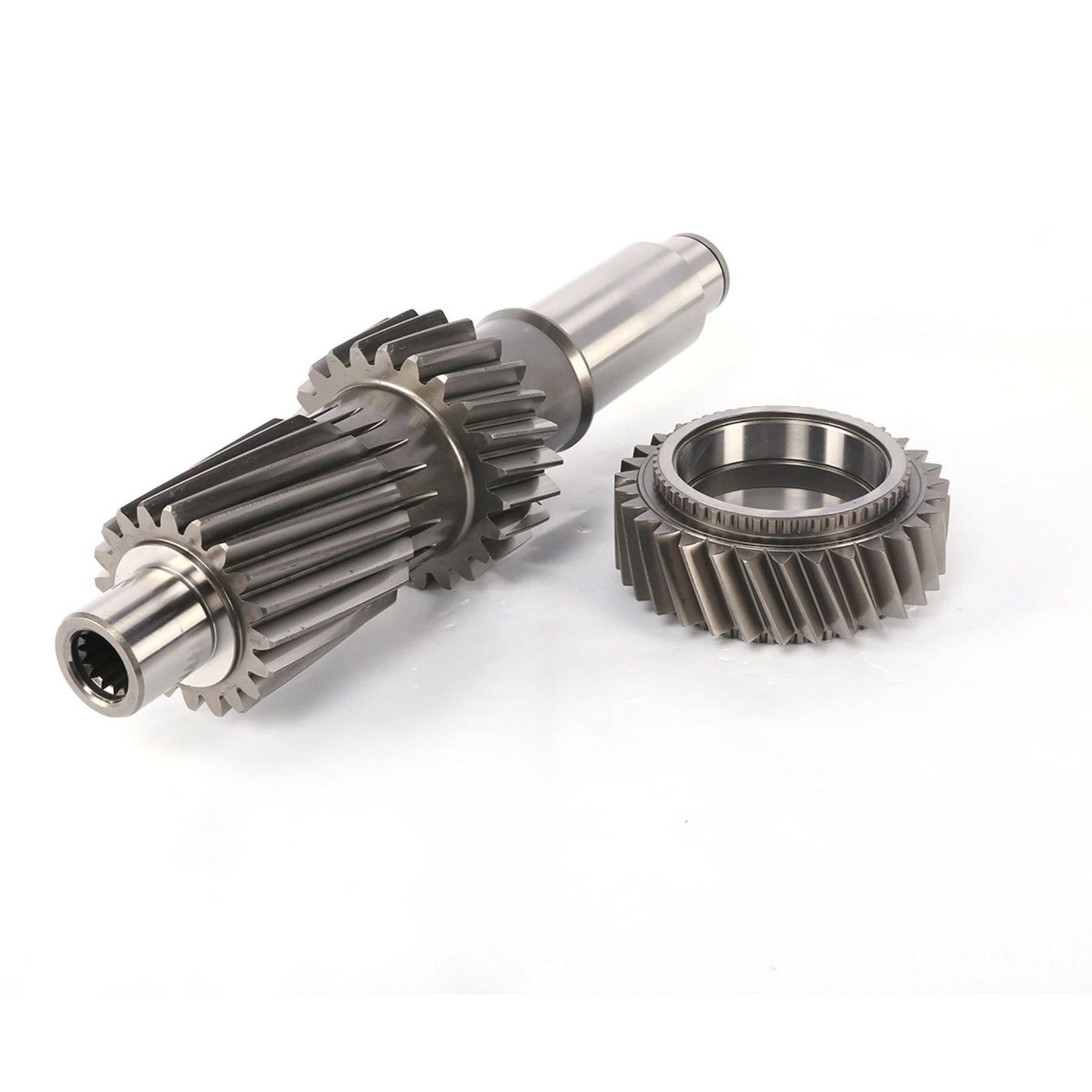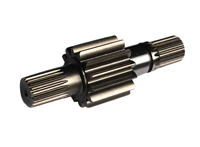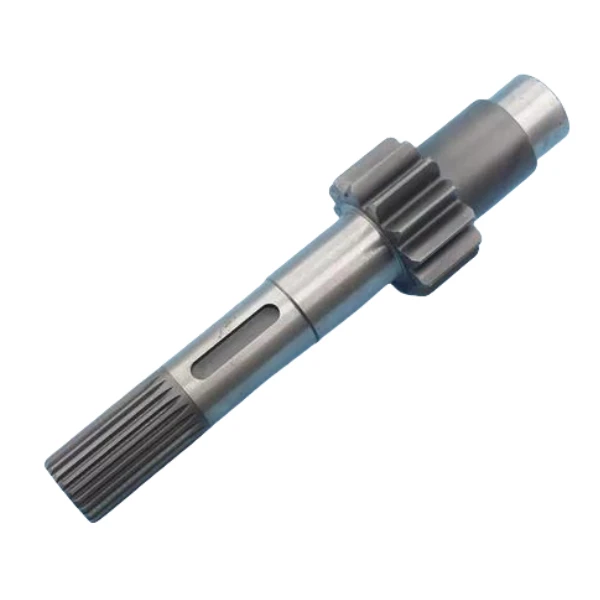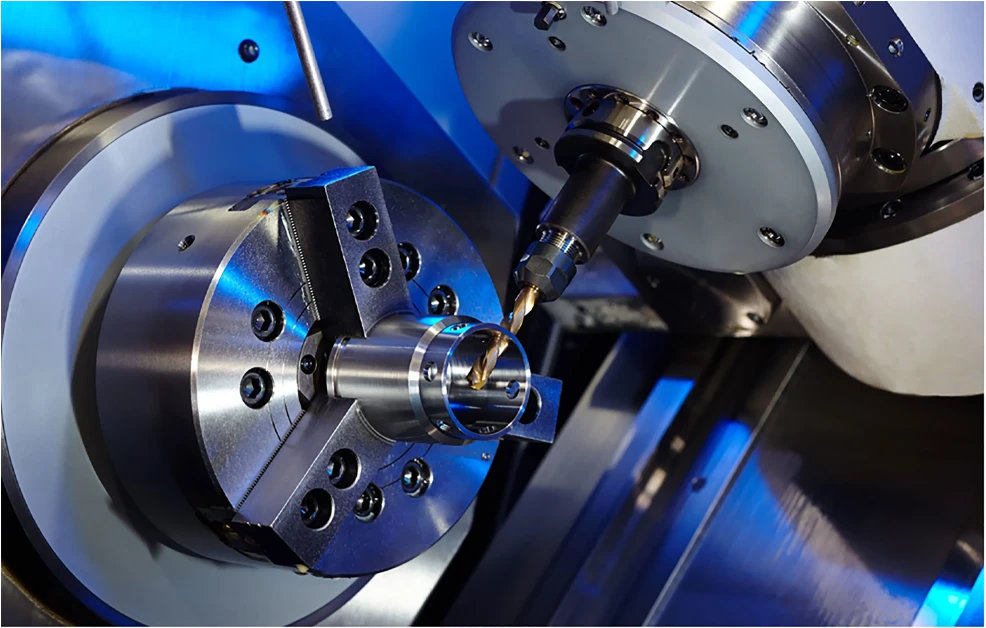The Dynamic Landscape of the Tractor Industry
The agricultural and construction sectors rely heavily on tractors for their operations, and the entities involved in the production, distribution, and pricing of these machines shape the industry's trajectory. From the companies that pioneer innovation to the dealerships that connect products with customers, and the factories where tractors come to life, along with the ever - important aspect of pricing, the world of tractors is a complex and vibrant ecosystem.
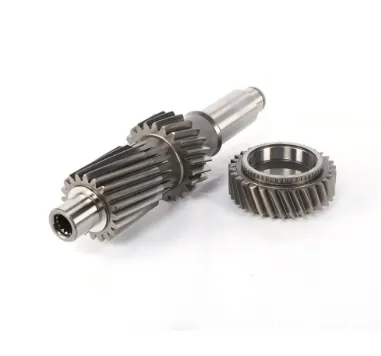
The Titans of Tractor Manufacturing: Tractor Companies
In the global arena, tractor companies are the driving force behind technological advancements and the production of high - quality tractors. These companies invest significant resources in research and development to create tractors that are not only powerful but also fuel - efficient and environmentally friendly. For instance, some leading tractor companies have been at the forefront of integrating electric and hybrid technologies into their models, responding to the growing demand for sustainable farming and construction equipment.
These companies also focus on meeting the diverse needs of different markets. In regions with large - scale agricultural operations, tractor companies develop heavy - duty tractors with high - horsepower engines capable of handling extensive plowing, harvesting, and transportation tasks. On the other hand, for smaller - scale farms and horticultural applications, they produce compact tractors that are more maneuverable and versatile. Additionally, tractor companies often collaborate with other industries, such as the automotive sector, to incorporate the latest engineering and design principles into their tractors, enhancing performance and durability.
The Crucial Link: Tractor Dealerships
Tractor dealerships act as the vital bridge between tractor companies and end - users. These dealerships are not just sales outlets; they offer a comprehensive range of services. When a farmer or contractor is in the market for a new tractor, tractor dealerships provide expert advice, helping customers select the right model based on their specific requirements, budget, and the nature of their work. They showcase a variety of tractors from different tractor companies, allowing customers to compare features, capabilities, and prices.
Beyond sales, tractor dealerships also handle maintenance and repair services. Trained technicians at these dealerships ensure that tractors remain in optimal working condition, minimizing downtime for customers. Many tractor dealerships also offer financing options, making it easier for customers to purchase new tractors. By building strong relationships with both tractor companies and customers, tractor dealerships play a crucial role in the smooth functioning of the tractor market, ensuring that the latest models reach the hands of those who need them most.
The Birthplace of Tractors: Tractor Factories
Tractor factories are the manufacturing hubs where raw materials are transformed into powerful and functional tractors. These factories are equipped with state - of - the - art machinery and follow strict quality control processes. The production process in tractor factories involves several stages, starting from the fabrication of individual components such as engines, transmissions, and frames. Skilled workers and advanced robotic systems work in tandem to assemble these components with precision.
In modern tractor factories, there is a strong emphasis on lean manufacturing principles to optimize efficiency and reduce waste. Quality checks are conducted at every stage of production to ensure that the final product meets the high standards set by tractor companies. Additionally, tractor factories are often located strategically to facilitate the sourcing of raw materials and the distribution of finished tractors to tractor dealerships and customers around the world. The technological advancements and streamlined processes in tractor factories contribute to the production of reliable and innovative tractors that drive the agricultural and construction industries forward.
Navigating the Pricing Landscape: Farm Tractor Price and New Tractor Price
The cost of tractors is a significant consideration for both buyers and sellers in the industry. Farm tractor price and new tractor price are influenced by multiple factors. The size, power, and features of a tractor play a major role in determining its price. Larger, more powerful tractors with advanced technologies such as GPS - guided steering systems, automatic transmission, and precision farming capabilities typically command higher new tractor price tags.
The reputation and brand value of the tractor company also impact pricing. Well - established and trusted tractor companies may price their tractors higher due to the perceived quality and reliability associated with their brand. Additionally, market demand and supply dynamics affect farm tractor price and new tractor price. In regions where there is high demand for tractors, prices may increase, while in areas with an oversupply, prices may be more competitive. Dealerships also play a role in pricing, as they may offer discounts, promotions, or bundle deals to attract customers, influencing the final new tractor price that buyers pay.
FAQs about the Tractor Industry
How can I choose the right tractor company?
When selecting a tractor company, consider your specific needs. Look for a company with a strong track record in producing tractors suitable for your type of work, whether it's large - scale farming, small - scale gardening, or construction. Research the company's reputation for quality, reliability, and after - sales service. Read customer reviews and seek recommendations from other farmers or contractors. Also, evaluate the company's commitment to innovation and sustainability, as these factors can impact the long - term performance and value of the tractor.
What should I look for in a tractor dealership?
A good tractor dealership should offer a wide selection of tractors from reputable tractor companies. It should have knowledgeable staff who can provide expert advice on choosing the right tractor. Look for a dealership that offers comprehensive maintenance and repair services, as well as reliable financing options. A dealership with a strong customer service record, quick response times, and a commitment to customer satisfaction is also essential.
How are farm tractor prices determined?
Farm tractor price is determined by a combination of factors. The tractor's size, horsepower, and additional features such as attachments, advanced technology systems, and comfort amenities all contribute to the cost. The brand and reputation of the tractor company also play a role, as well as market demand and supply. Additionally, factors like the cost of production in tractor factories, including raw materials, labor, and manufacturing processes, can influence the final price that reaches the tractor dealership and, ultimately, the customer.
Is it better to buy a new or used tractor?
The decision to buy a new tractor or a used one depends on your budget, needs, and preferences. A new tractor typically comes with the latest technology, a manufacturer's warranty, and the assurance of no prior wear and tear. However, it comes with a higher new tractor price. A used tractor can be more affordable, but it may require more maintenance and could have an unknown history. If you choose a used tractor, it's important to have it inspected thoroughly by a professional to ensure its condition and reliability.
Can I negotiate the price of a new tractor at a dealership?
Yes, in many cases, you can negotiate the new tractor price at a tractor dealership. Dealerships may be willing to offer discounts, especially during off - peak seasons or to clear out inventory. You can also try to negotiate additional benefits such as free maintenance services, extended warranties, or included attachments. It's helpful to do your research in advance to know the market price range for the tractor model you're interested in and to be prepared to walk away if the deal isn't right for you.
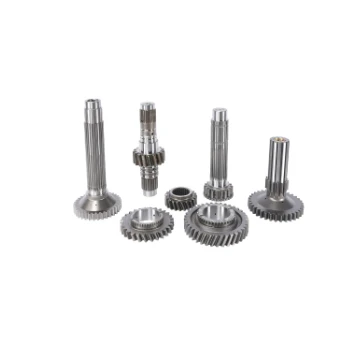
The agricultural and industrial machinery sector is experiencing remarkable growth, and at the heart of this expansion lies the trade and supply of tractors.
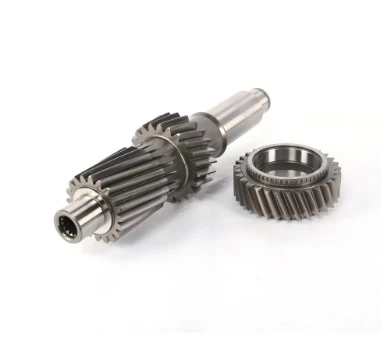
In the world of heavy - duty construction, the seamless operation of machinery is crucial for large - scale projects.
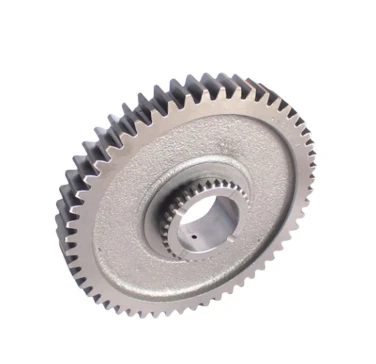
The world of tractors is vast and varied, catering to both practical agricultural needs and the passionate interests of collectors.
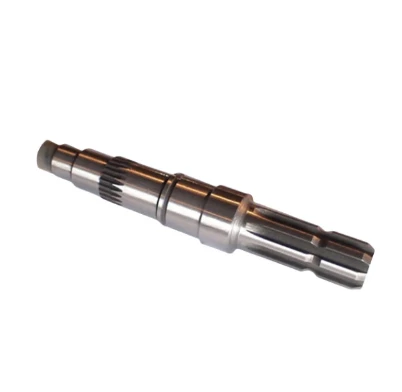
The agricultural and construction machinery landscape is constantly evolving, with tractors standing as essential workhorses for a variety of tasks.
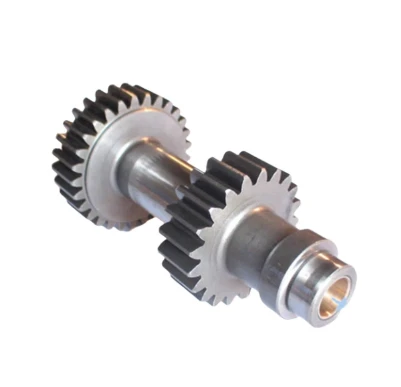
In the intricate world of mechanical engineering, gears are fundamental components that enable the seamless transfer and manipulation of power.

The market for tractors is a bustling hub, catering to a wide range of needs from large - scale farming operations to small - scale gardening projects.
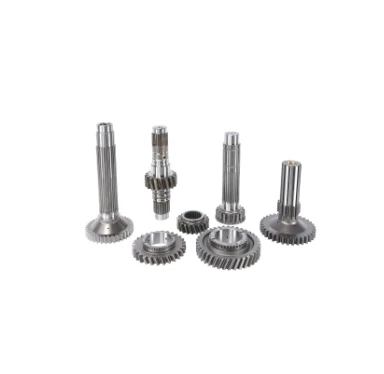
In the dynamic world of farming, machinery has become an essential part of efficient and productive operations.
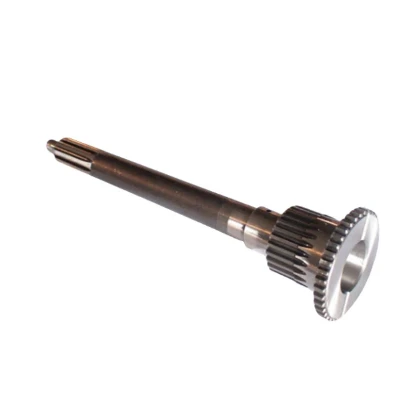
In the expansive realm of agriculture, various tools and machines play crucial roles in ensuring efficient crop production and overall farm management.
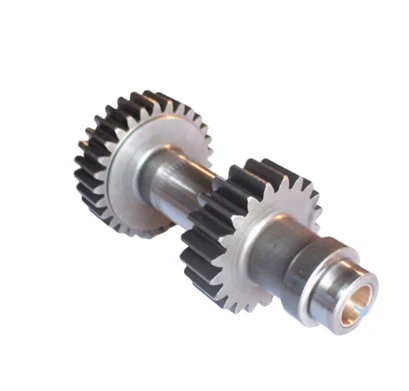
Tractors are essential workhorses in the agricultural and construction sectors, playing a pivotal role in a wide range of tasks.
International layout
Spread all over the world
our products are exported to various parts of the world. Currently, our products have been exported to more than 40 countries Our products cover Asia, Europe, Africa, South America, North America, and Oceania
Sign up
for Newsletter
Subscribe to the weekly newsletter for all the latest updates


